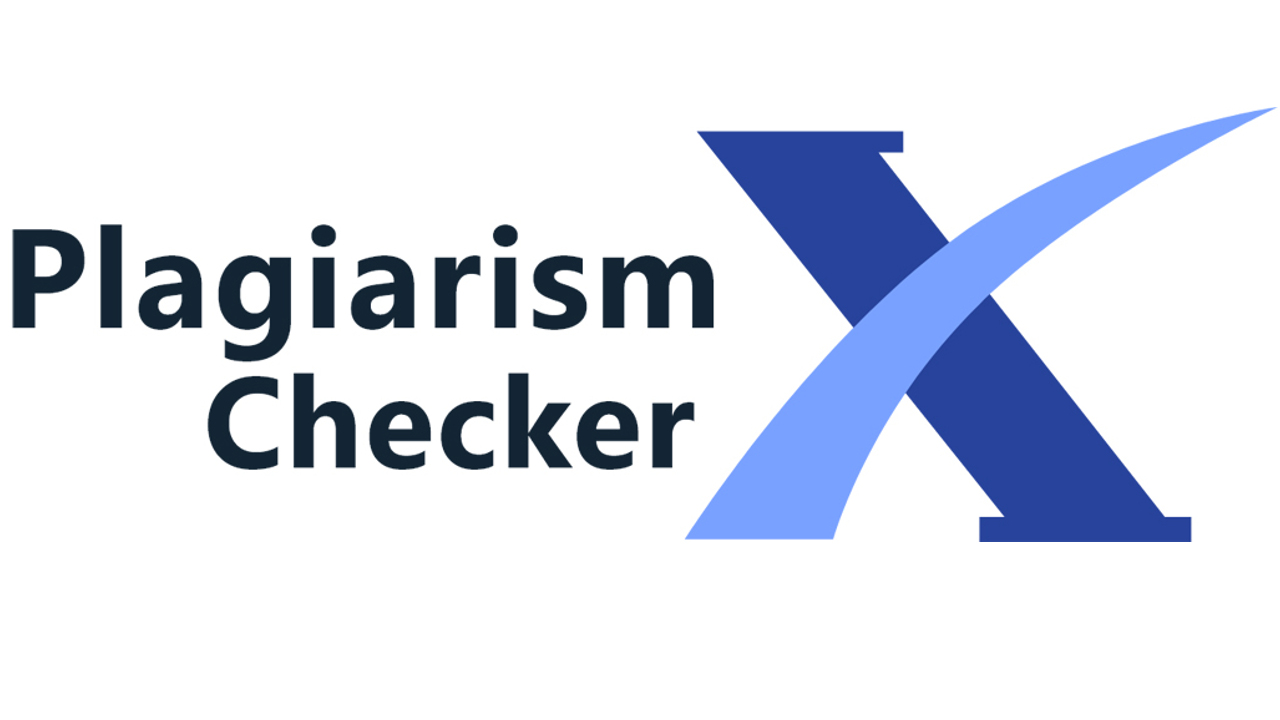Plagiarism Policy
At JIDP, we are committed to upholding the highest standards of integrity and ethics in scientific publishing. Plagiarism is a serious violation of these principles, and we have established the following policy to address and prevent it.
Definition of Plagiarism
Plagiarism is the appropriation of another person's ideas, processes, results, or words without giving proper credit. This includes, but is not limited to:
- Direct copying of text from other sources without attribution.
- Paraphrasing substantial portions of text from other sources without attribution.
- Self-plagiarism, which involves reusing significant parts of one’s own published work without appropriate citation.
Detection and Prevention
JIDP employs a rigorous approach to detect and prevent plagiarism:
- Manuscript Screening: All submitted manuscripts are analyzed using recognized plagiarism detection software. These tools compare the manuscripts against a comprehensive database of academic content.
- Editorial Review: Editors at JIDP are trained to identify potential cases of plagiarism. Any flagged content is carefully reviewed to ensure proper citation and attribution.
- Author Responsibility: Authors must ensure the originality of their work and properly cite all sources. A declaration of originality is required upon submission.
Actions Against Plagiarism
If plagiarism is detected, JIDP will take the following measures based on the severity of the case:
Minor Plagiarism
- First Offense: Authors will be required to correct their manuscript by properly citing the sources and resubmitting it.
- Repeated Offenses: The manuscript may be rejected, and authors will receive a warning to prevent future misconduct.
Major Plagiarism
- Initial Detection: The manuscript will be immediately rejected. Authors will be informed of the findings and the reasons for rejection.
- Severe Cases: In severe cases, where plagiarism is extensive or appears intentional, JIDP may notify the authors' institutions and funding agencies. Additionally, authors may be barred from submitting to JIDP for a specified period.
Appeals
Authors have the right to appeal decisions regarding plagiarism cases. Appeals must be submitted in writing, accompanied by detailed explanations and relevant supporting documentation. The editorial board will review the appeal, and a final decision will be communicated to the authors.
Transparency and Education
- Author Guidelines: Clear guidelines on plagiarism and proper citation practices are provided to all authors.
- Educational Resources: JIDP offers resources and workshops to educate authors, particularly early-career researchers, on ethical writing and research practices.
Commitment to Integrity
JIDP is dedicated to fostering a culture of honesty and integrity in scientific publishing. By adhering to this policy, we aim to protect the intellectual property rights of authors and maintain the trust of our readership.
For any questions or concerns regarding our plagiarism policy, please contact us at support@sciencejournalhub.org..








